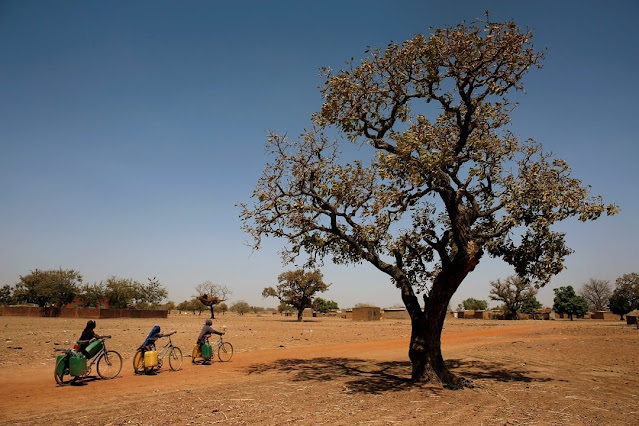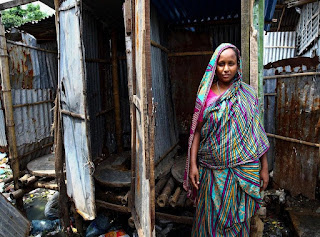Climate change: another gendered issue

Why African women need to be included in climate change discourse The Sahel region is a hotspot for climate change : temperatures increase 1.5 times quicker than the rest of the world. Approximately 65% of the population in the Sahel live in rural areas, with a vast majority of communities being prone to intense droughts, desertification and floods. Rural communities rely on agriculture as it is the most significant economic sector. Since 2015, 36/46 of sub-Saharan African countries formally addressed climate change through their policies and laws, however, only 3 of these countries (Mali, Malawi and Nigeria) have emphasised the need to address gendered-climate justice. Women in this region account for 80% of the agricultural labour force and are thus disproportionately disadvantaged by climate change. Women bear the brunt of climate issues because they h old positions burned by environmental change, including water collection and agriculture. For example,...
